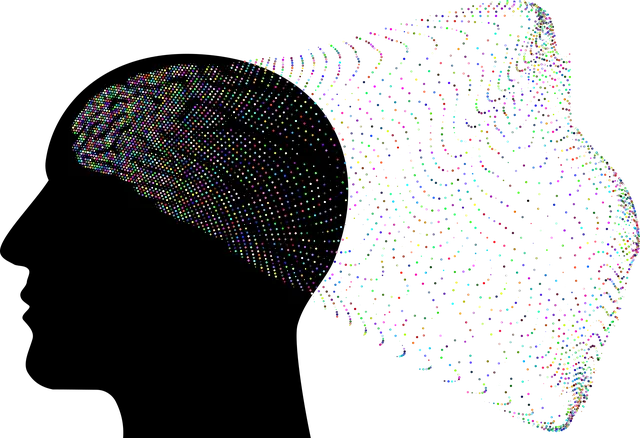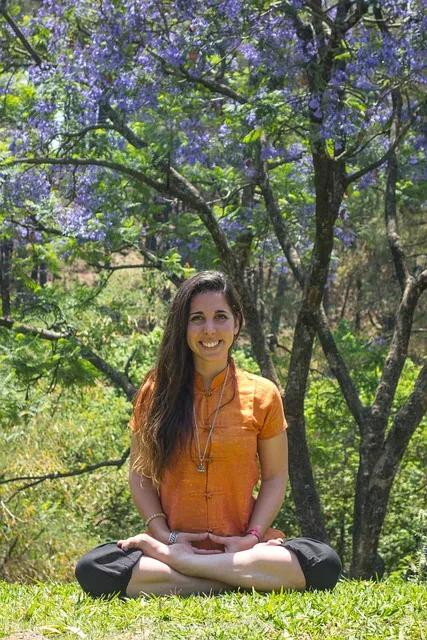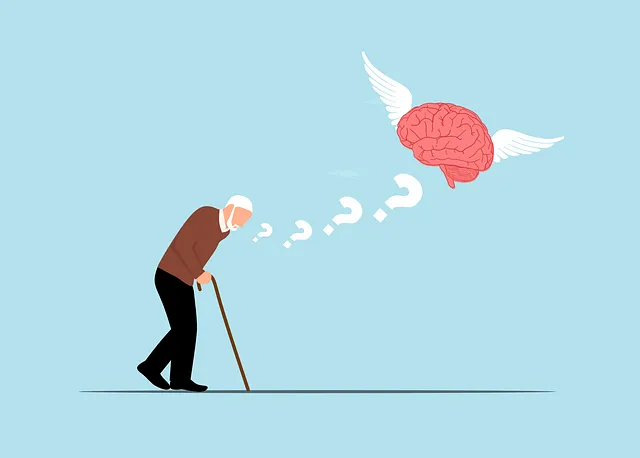Mental wellness group facilitation is an art that empowers individuals to overcome challenges through peer support, positive thinking, and self-care routines in a safe, inclusive environment. Organizations like Kaiser Permanente Norcal Boulder offer specialized services, accessible resources, and holistic mental health education through their phone number support, fostering collective healing and navigating mental health journeys effectively. Key techniques for facilitators include active listening, diverse engagement methods, cultural sensitivity, boundary setting, icebreakers, self-awareness exercises, conflict resolution skills, structured activities, and pre/post assessments to measure success and ensure sustainable outcomes.
Mental wellness group facilitation is a powerful tool for fostering resilience and community. This comprehensive guide explores effective strategies for leading supportive groups, drawing insights from organizations like Kaiser Permanente, particularly their Norcal Boulder initiative. We’ll delve into communication techniques, safety creation, and evaluation metrics. Discover how these methods enhance mental health support through group dynamics, inspired by the innovative work of Kaiser Permanente in Norcal Boulder, accessible via their dedicated mental health phone number.
- Understanding Mental Wellness Group Facilitation: A Comprehensive Guide
- The Role of Kaiser Permanente in Norcal Boulder's Mental Health Support
- Effective Communication Strategies for Group Facilitators
- Techniques to Foster a Safe and Supportive Group Environment
- Measuring Success: Evaluating the Impact of Mental Wellness Groups
Understanding Mental Wellness Group Facilitation: A Comprehensive Guide

Mental wellness group facilitation is a specialized skill that empowers individuals to support and inspire their peers in navigating mental health challenges. It’s more than just leading a meeting; it involves creating a safe, inclusive environment where participants can foster inner strength development, positive thinking, and self-care routine establishment for better mental health.
In the spirit of comprehensive guidance, this section offers insights tailored to the needs of those seeking support or interested in helping others, reminiscent of the resources provided by organizations like Kaiser Permanente Mental Health Phone Number Norcal Boulder. By understanding the nuances of group facilitation, individuals can effectively contribute to positive outcomes, fostering a sense of community and empowerment among participants, much like the bustling atmosphere of a thriving support group—a testament to the power of collective healing.
The Role of Kaiser Permanente in Norcal Boulder's Mental Health Support

Kaiser Permanente plays a pivotal role in mental health support within Norcal Boulder, offering specialized services designed to foster emotional well-being. Their dedicated team provides accessible resources through various programs tailored to diverse needs. The organization’s commitment extends beyond traditional healthcare, incorporating innovative emotional well-being promotion techniques and mental health education programs design.
By integrating these approaches, Kaiser Permanente ensures a holistic view of mental wellness. Whether it’s through crisis intervention guidance or community outreach initiatives, they strive to create a supportive environment where individuals can navigate their mental health journeys effectively. The availability of their services, accessible via the Kaiser Permanente mental health phone number Norcal Boulder, underscores their dedication to making quality care readily available.
Effective Communication Strategies for Group Facilitators

Effective communication is a cornerstone for group facilitators, especially when addressing mental wellness topics. Facilitators should employ active listening skills to ensure every participant feels heard and validated. This involves paraphrasing statements, asking clarifying questions, and maintaining open non-verbal cues. By fostering an environment of trust and understanding, facilitators create a safe space for individuals to share their experiences and insights openly.
Additionally, incorporating diverse communication methods can enhance engagement. This might include using visual aids, encouraging small group discussions, or employing interactive activities that promote positive thinking. Facilitators should also be mindful of cultural sensitivity in mental healthcare practice, tailoring their approach to accommodate different backgrounds and perspectives. Techniques such as those promoted by Kaiser Permanente mental health phone number Norcal Boulder, emphasizing a holistic mental health education programs design, can significantly benefit group dynamics, making sessions more inclusive and impactful for all participants.
Techniques to Foster a Safe and Supportive Group Environment

Creating a safe and supportive space is fundamental to effective group facilitation, especially in mental wellness contexts. Facilitators can promote a sense of belonging by establishing clear boundaries and ground rules from the outset. This includes ensuring confidentiality, encouraging active participation with inclusive language, and fostering an atmosphere where every individual feels heard and respected. Techniques such as icebreakers and warm-up activities can help build trust and camaraderie among group members.
Additionally, incorporating self-awareness exercises, conflict resolution techniques, and teaching participants effective self-care routine development for better mental health can significantly enhance the group’s dynamics. By providing a mix of structured activities and open discussions, facilitators enable members to connect on deeper levels while learning valuable skills to navigate their mental wellness journeys together. Remember, the Kaiser Permanente mental health phone number Norcal Boulder can serve as a valuable resource for individuals seeking professional guidance alongside these group facilitation techniques.
Measuring Success: Evaluating the Impact of Mental Wellness Groups

Measuring success in mental wellness groups is a multifaceted process that goes beyond simple attendance numbers. It involves evaluating the impact on participants’ lives, emotional well-being, and coping mechanisms. This can be achieved through pre- and post-group assessments, feedback forms, and follow-up interviews. By tracking improvements in symptoms of anxiety, depression, and stress, facilitators can quantify the group’s effectiveness. Qualitative data from participant reflections also provides valuable insights into the group’s impact on social connections, self-awareness, and resilience.
For instance, organizations like Kaiser Permanente Norcal in Boulder offer mental health phone numbers and resources that can be leveraged for evaluating group success. Healthcare provider cultural competency training and burnout prevention strategies further enhance these evaluations by ensuring facilitators are equipped to address diverse needs and prevent emotional exhaustion among participants. This holistic approach ensures that mental wellness groups not only meet but exceed expectations, fostering sustainable improvements in mental health outcomes.
Mental wellness group facilitation plays a pivotal role in supporting individuals navigating mental health challenges. As demonstrated by Kaiser Permanente’s initiatives with Norcal Boulder, effective facilitation techniques can create safe spaces fostering connection and healing. By employing strategies like active listening, inclusive language, and structured activities, facilitators enhance group dynamics. Evaluating the impact through measurement tools ensures these groups provide meaningful support. For those seeking help, reaching out to Kaiser Permanente’s mental health phone number in Norcal Boulder is a step towards accessing these valuable resources.






